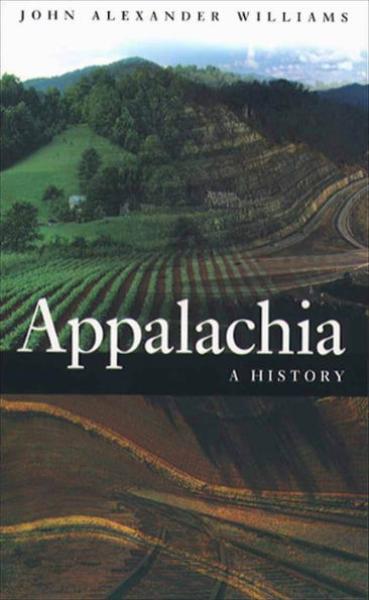Description
Williams begins his story in the colonial era and describes the half-century of bloody warfare as migrants from Europe and their American-born offspring fought and eventually displaced Appalachia's Native American inhabitants. He depicts the evolution of a backwoods farm-and-forest society, its divided and unhappy fate during the Civil War, and the emergence of a new industrial order as railroads, towns, and extractive industries penetrated deeper and deeper into the mountains. Finally, he considers Appalachia's fate in the twentieth century, when it became the first American region to suffer widespread deindustrialization, and examines the partial renewal created by federal intervention and a small but significant wave of in-migration.
Throughout the book, a wide range of Appalachian voices enlivens the analysis and reminds us of the importance of storytelling in the ways the people of Appalachia define themselves and their region.
In this comprehensive history of the Appalachian region, Williams weaves social, political, environmental, economic, and popular history together to present a readable narrative that spans four and a half centuries.
Author or coauthor of five previous books, John Alexander Williams is professor of history at Appalachian State University in Boone, North Carolina.
An outstanding interpretation of Appalachian history. Williams's explanations on many topics are the best presently available from any publication. (Gordon B. McKinney, Berea College)
He or she who cares deeply about this region needs this book. ("Blue Ridge Country")
By analyzing carefully the complex dialectic of myths surrounding Appalachia, Williams does an especially fine job in evoking a sense of place. (Durwood Dunn, Tennessee Wesleyan College)
Product Details
- University of North Carol Brand
- Apr 29, 2002 Pub Date:
- 0807853682 ISBN-10:
- 9780807853689 ISBN-13:
- 480 Pages
- 9.32 in * 6.28 in * 1.16 in Dimensions:
- 1 lb Weight:




